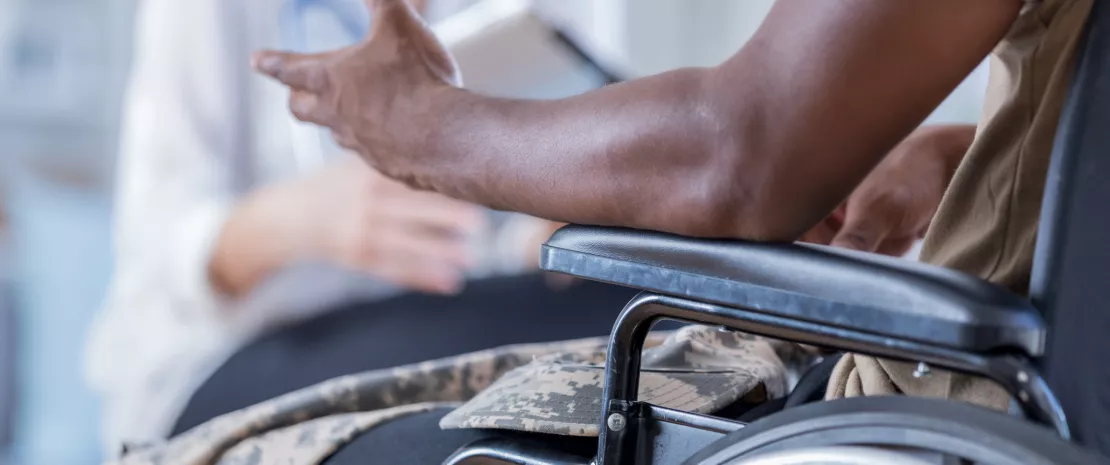Spinal cord injuries and colorectal disorders: impact of the gut microbiota
According to a Chinese study, functional gastrointestinal disorders affecting patients with trauma-induced chronic spinal cord injuries could be related to gut microbiota disruptions and correlated to serum biomarkers.
Lay public section
Find here your dedicated section
Sources
This article is based on scientific information

About this article
Colorectal disorders caused by chronic spinal cord injuries may have a significant impact on the quality of life of many paraplegic and quadriplegic patients. Disruptions of the autonomous nervous system can lead to gastrointestinal disorders (discomfort, bloating, flatulence), to a combination of chronic constipation and fecal incontinence, and require laxatives or techniques that encourage bowel movements with or without assistance. In some patients, disruptions are so severe that the wish to improve this neurological gastrointestinal disorder exceeds that of treating urinary incontinence or sexual dysfunctions, or even the loss of walking ability.
Disability-associated bacterial profiles
A Chinese team analyzed the stools of 43 men with chronic traumatic spinal cord injuries (23 paraplegic and 20 tetraplegic) and 23 healthy men. The gut microbiota of disabled subjects was different from that of control subjects. It was less diversified and contained higher levels of Bacteroides, Blautia, Lachnoclostridium and Escherichia-Shigella, among others. Moreover, changes were observed in the bacterial profiles of paraplegic (overabundance of Acidaminococcaceae, Blautia, Porphyromonadaceae, and Lachnoclostridium) and tetraplegic patients (overabundance of Bacteroidaceae and Bacteroide) compared to control subjects. Reduced levels of Alistipes also seem to be associated to longer defecation times in tetraplegic patients.
Blood lipid and glucose levels are impacted
To complete their observations, researchers studied correlations between these changes in bacterial populations and some environmental factors such as age, BMI, and various serum markers (CRP, glucose, liver enzymes, blood lipids, uremia and uric acid, creatinine, etc.). Bacteria from the Bacteroides genus, which are more abundant in tetraplegic patients, were associated with low levels of HDL, probably because of the lack of physical activity. On the contrary, bacteria from the Dialister genus, which are more abundant in healthy subjects, were negatively correlated to blood lipids (LDL, triglycerides and total cholesterol). High blood concentrations of these factors could thus be a sign of worsening colorectal disorders. Megamonas were associated with lower glycemia but also with longer defecation time and increased bloating, probably due to the fermentation of undigested carbohydrates by these same bacteria in the colon. A low level of Prevotella was also related to lower glycemia (thus to a beneficial role), even if other studies have shown pro-inflammatory effects. These results need to be completed by other analytical tools (more detailed analysis of bacterial communities, serotonin assay), by including women in cohorts, and by studying the impact of immobility itself, which may also generate dysbioses.






